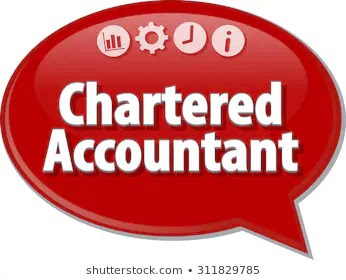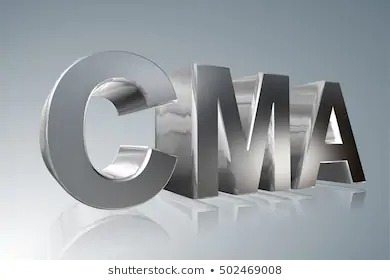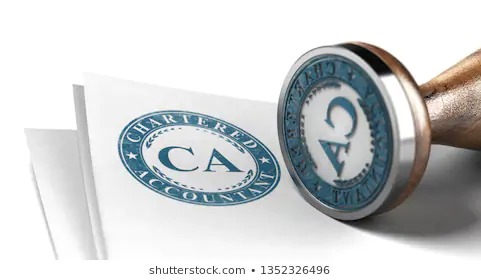CA VS ICMA | Difference between CA and CMA
 |
| ca-vs-icma-difference-between-ca-and-cma.html |
There are many diffrence between CA and ICMA, although they are both accounting, qualification and designation in their jobs, a person in order to succeed on the professional field of accountancy.
Download Microsoft Ofiice 2016 for free
Great Business Ideas
35 ways to earn money
Small business Ideas for everyone
10 Best part time jobs for students
Earn 300$ by typing names
Online Earning App toturial with Download
Online Earning webistes
How to create your YouTube channel
How Much YouTube pays for 1000 views
Online Earning without Investment
Top Blog Ideas | Top Website Ideas
Reasons to start blogging
Top Trending Searches
35 Topo Blog Idaes
Bio For Facebook
Bio For Instagram
How to start event blogging
CA stands for Chartered Accountant whereas CMA stands for Certified Management Accountant.
Chartered Accountancy ( CA) began in Britain, and the first body of Cahrtered Accountants were found by the Glasgow Institute of Accountants and Actuaries. On the other hand, CMA is a complete program that focuses on the financial and accounting management. The study of Cost Management Accountant (CMA) includes cost management, corporate finance, performance mangement, internal controls, decision analysis, financial reporting, economics, stretegic planning and organizational mangement.
 |
| ca-vs-icma-difference-between-ca-and-cma.html |
Cost Mangement Accountant ( CMA) focuses of four major areas of study:
- Business Applications
- Business Analysis
- Strategic Management
- Management Accounting and Reporting
Criteria for Cost Management Accountant( CMA) are following:
Candidates for CMA must have a Becholars degree in any area and from a recognized university or college.
Employment for Cost Management Accountant ( CMA):
A ll the candidates must acquire two years of professional experience in financial and Accounting Management, within seven years of passing the exams. This will help the candidates to strengthen the Ethics of financial and accounting treatment.
Subjects in CMA:
Operational Level:
- Fundamentals of Financial Accounting
- Business Economics
- Business Communication and Report writing
- Fundamentals of Management
- Business Mathematics and statistical inference
- Commercial Laws
Managerial Level:
- Fundamentals of Cost and Management Accounting
- Enterprise Management
- Management Information System
- Financial Accounting
- Management Accounting
- Corporate Governance, Business Law & Ethics
Strategic Level:
- Advanced Fianancail Accounting and Corporate Reporting
- Audit and Assurance
- Business Taxation
- Stretegic Management Accounting
- Stretegic Financail Reporting
- Stretegic Management
Practice Corporate Training Programme:
- ERP Solutions and Audit Procedures
- Management Reporting - IT Office Tools
- Banking Operations
- Practical Taxation
- Business Laws Application
- Communication Skills
| ca-vs-icma-difference-between-ca-and-cma.html |
Membership:
Cost and Management Accountant ( CMA) candidates must have a membership with a recognized institution.
Moral Principals for Cost Management Accountant ( CMA):
Cost Management Accountant (CMA) candidates should be willing to conduct their business in accordance with the moral principals.
Enduring Education:
After qualifying Cost Management Accountant (CMA), the candidates must cover thirty (30) hours of CPE, in the time frame of one year. This includes two hours of study in the area of moral principals for Cost Management Accountant (CMA).
 |
| ca-vs-icma-difference-between-ca-and-cma.html |
Chartered Accountany ( CA):
CA ( Chartered Accountancy) is a valuable career and has good prospectus for audit firm's employment, as well as local business, multinational companies as ell as local and foreign banks including state banks of countries.
Exams of CA:
CA exams are held twice a year in different attempts ( September and March). It varies level of CA to other levels of CA.
 |
| ca-vs-icma-difference-between-ca-and-cma.html |
To Become a Qualified Chartered Accountant, Students have to pass the folloing papers:
AFC(Assessment of Fundamental Competencies)
- AFC-01 Functional English
- AFC-02 Business Communication
- AFC-03 Introduction to Information Technology
- AFC-04 Quantitative Methods Techniques
CAF(Cerified in Accounting and Finance)
- CAF-01 Introduction to Accounting and Finance
- CAF-02 Introduction to Economics and Finance
- CAF-03 Business Law
- CAF-04 BM&BS
- CAF-05 Financial Accounting and Reporting I
- CAF-06Principles of Taxation
- CAF-07 Financial Accounting and Reporting II
- CAF-08 Cost and Management Accounting
- CAF-09 Audit & Assurance
CFAP(Certified Finance and Accounting Professional)
- CFAP-01 Advanced Accounting and Financial Reporting
- CFAP-02 Corporate Laws
- CFAP-03 Business Management and Strategy
- CFAP-04 Business Finance Decisions
- CFAP-05 Advanced Taxation
- CFAP-06 Audit, Assurance and Related Services
MSA(Multi Subject Assessment)
- MSA-1 Financial Reporting and Assurance Professional Competence
- MSA-2 Management Professional Competence
The single most important difference between them is that CA is a local qualification, granted in Pakistan by ICAP, a professional body of Chartered Accountants, ICAP-CA qualifiers have more growth opportunities in Pakistan, because of ICAP's dominant position as an accountancy regulatory body there. n the other hand, in countries that do not have any localized Accountancy qualification, CA is generally considered superior to CMA.
 |
| ca-vs-icma-difference-between-ca-and-cma.html |
Both the CA and CMA are able to fulfil all business and financial needs, with the focous being on financial and accounting management, although, the subjects studied within the qualifications differ from one another. The CA and the CMS are the both excellent accounting designations, but it is up to the individual to determione his ideal education.
I am a Student of CA. I gahtered this information after research. If anyone have any query, let me know in the comment box.







0 Comments
If you have any question, let me know.